Why Is My Dog Throwing Up Undigested Food? A Comprehensive Guide
When your furry companion starts throwing up undigested food, it can be alarming and confusing. “Why is my dog throwing up undigested food?” is a question many pet owners ask when faced with this issue. While occasional vomiting might not be a cause for concern, repeated episodes require attention. In this guide, we’ll explore the possible reasons behind this behavior, solutions to the problem, and preventive measures to ensure your dog stays healthy and happy.
Understanding the Basics of Dog Vomiting
Vomiting in dogs is a natural reflex that helps them expel unwanted substances from their stomachs. However, when your dog frequently throws up undigested food, it could indicate underlying health issues. Vomiting is different from regurgitation, where food is expelled without nausea or retching. Recognizing the difference is crucial in determining the cause.

Common Reasons Why Dogs Throw Up Undigested Food
1. Eating Too Quickly
Dogs that eat too fast often don’t chew their food properly, which can lead to undigested food being regurgitated. This behavior is common in multi-dog households where competition for food might be present.
- Solution: Use slow feeder bowls to encourage your dog to eat more slowly.
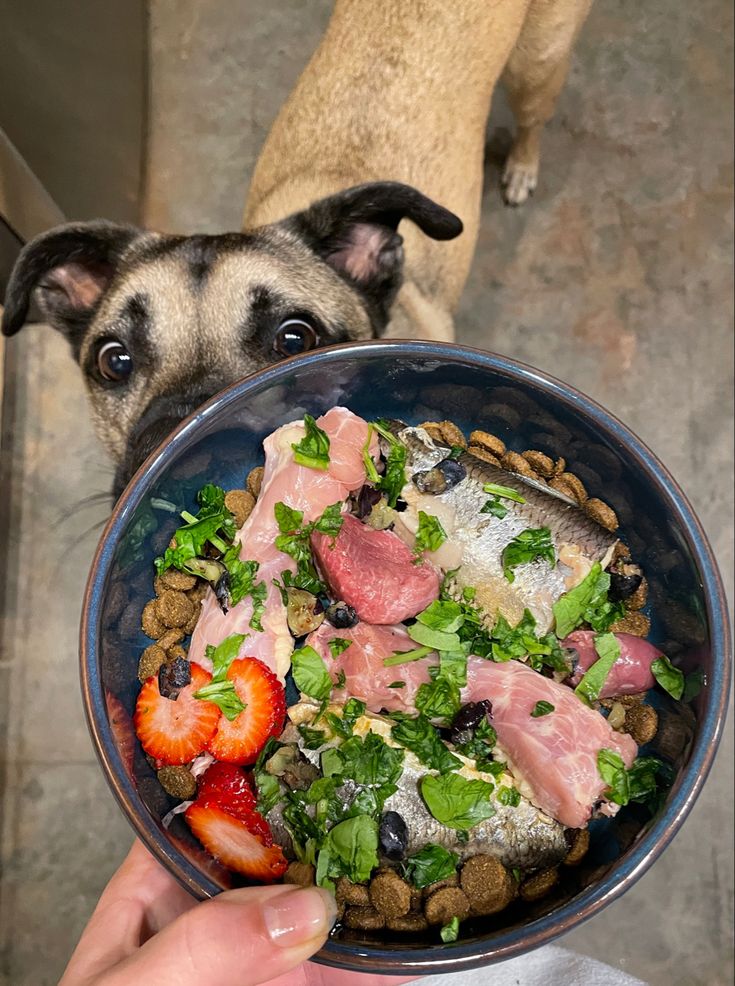
2. Stress or Anxiety
Stress can affect a dog’s digestive system, causing them to vomit undigested food. Changes in routine, new environments, or loud noises can trigger anxiety.
- Solution: Create a calm and consistent environment for your dog. Consider using calming sprays or supplements if needed.
3. Gastroesophageal Reflux
Similar to acid reflux in humans, this condition occurs when stomach acid irritates the esophagus, leading to vomiting of undigested food.
- Solution: Feed smaller, more frequent meals and consult a veterinarian for appropriate treatment.

4. Food Intolerances or Allergies
Certain ingredients in dog food can cause digestive upset. If your dog consistently throws up after eating, it might be a sign of a food allergy or intolerance.
- Solution: Transition to a hypoallergenic or sensitive stomach diet under the guidance of a veterinarian.
5. Blockages in the Digestive Tract
Foreign objects, such as toys or bones, can obstruct your dog’s digestive tract, causing vomiting.
- Symptoms: Vomiting, lethargy, lack of appetite, and abdominal pain.
- Solution: Seek immediate veterinary care if you suspect a blockage.
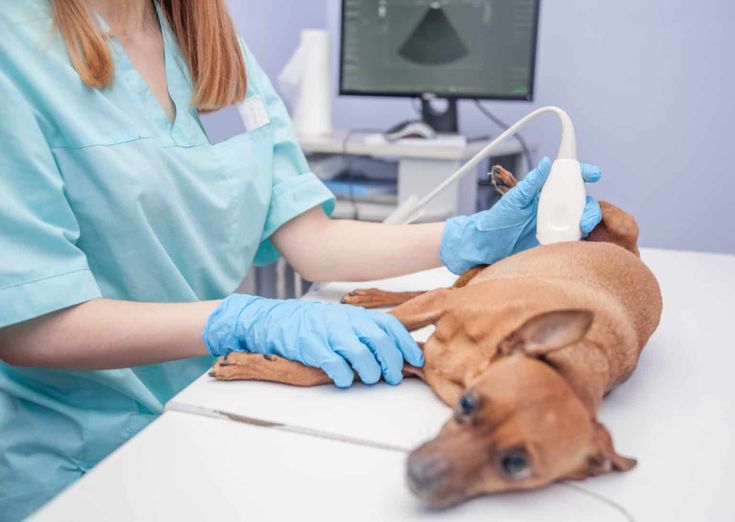
6. Inflammatory Bowel Disease (IBD)
IBD can interfere with nutrient absorption and cause chronic vomiting of undigested food. This condition is often linked to immune system issues or long-term food intolerances.
- Solution: Work with a veterinarian to develop a treatment plan, which may include medication and dietary changes.
7. Megaesophagus
This condition involves the enlargement of the esophagus, making it difficult for food to reach the stomach. Dogs with megaesophagus often regurgitate their meals shortly after eating.
- Solution: Feed your dog in an elevated position to help food move into the stomach more easily.
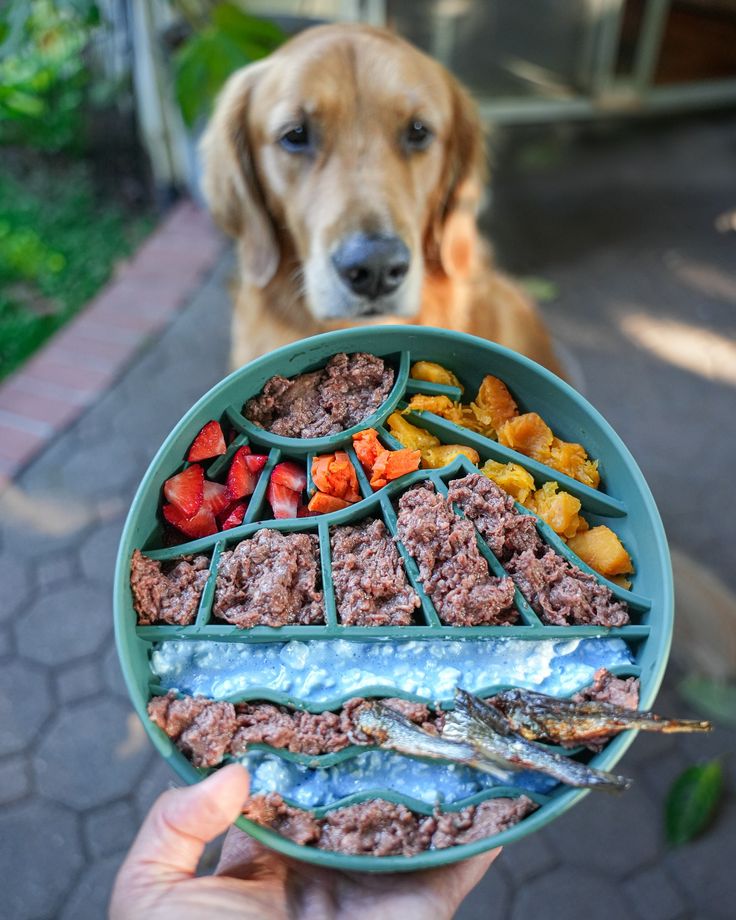
Diagnosing the Issue: When to See a Vet
While occasional vomiting might not be serious, repeated or severe cases warrant professional attention. Here’s when to consult a veterinarian:
- Vomiting persists for more than 24 hours.
- Your dog shows signs of dehydration, lethargy, or weight loss.
- There’s blood in the vomit.
Veterinarians may perform diagnostic tests such as X-rays, blood work, or ultrasounds to pinpoint the cause.
Treatment Options for Vomiting in Dogs
1. Dietary Adjustments
Switching to a bland diet, such as boiled chicken and rice, can help soothe your dog’s stomach temporarily.
- Gradually reintroduce regular food once symptoms improve.
2. Medications
Depending on the diagnosis, your veterinarian may prescribe medications like anti-nausea drugs, antacids, or antibiotics.

why is my dog throwing up undigested food
3. Surgery
In cases of blockages or severe conditions like tumors, surgery may be necessary.
Preventing Vomiting in Dogs
1. Monitor Eating Habits
Ensure your dog eats at a moderate pace. Avoid feeding immediately after exercise to reduce the risk of vomiting.
2. Choose High-Quality Dog Food
Opt for food that meets your dog’s nutritional needs and avoids common allergens.

3. Regular Veterinary Checkups
Routine health checks can catch potential problems early and prevent more serious issues.
Myths About Dog Vomiting
1. It’s Normal for Dogs to Vomit Regularly
While occasional vomiting can happen, frequent episodes are not normal and should be investigated.
2. Changing Food Will Always Solve the Problem
While diet plays a role, vomiting can stem from various issues that require veterinary care.
When to Seek Emergency Care
If your dog exhibits any of the following symptoms, seek emergency care immediately:
- Vomiting with blood.
- Severe dehydration.
- Signs of pain or distress.
Prompt action can save your dog’s life in critical situations.

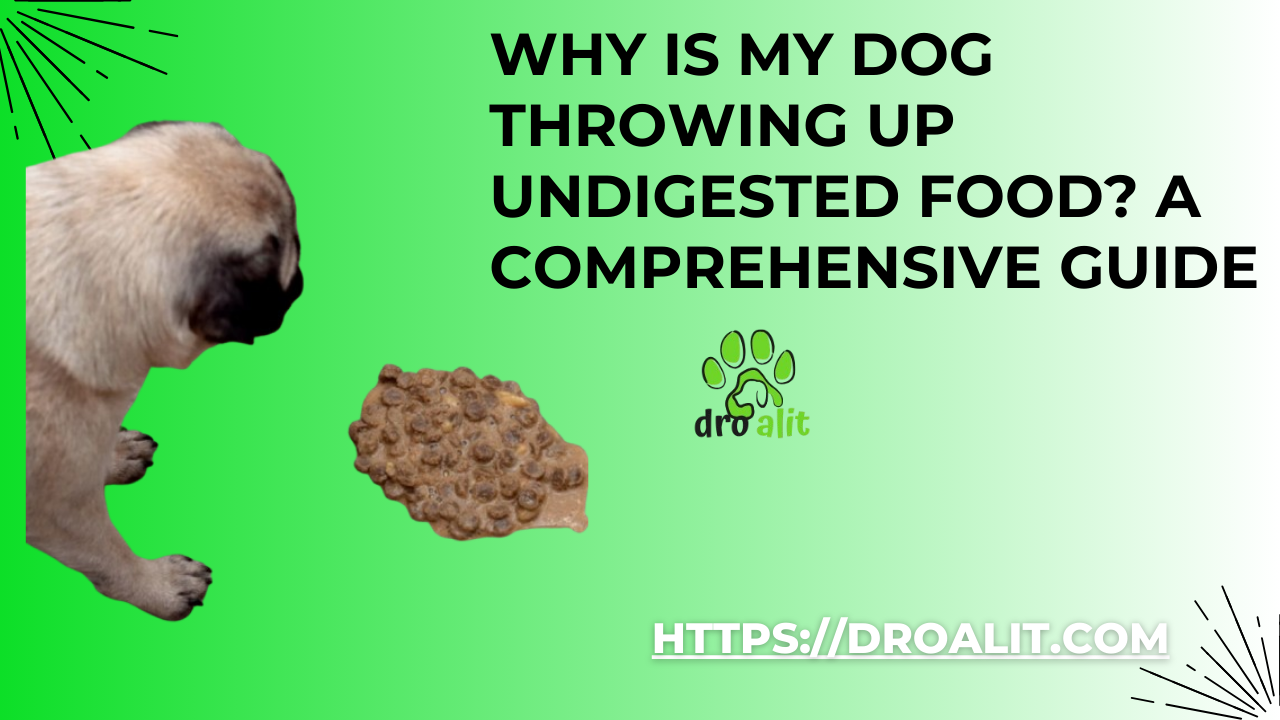
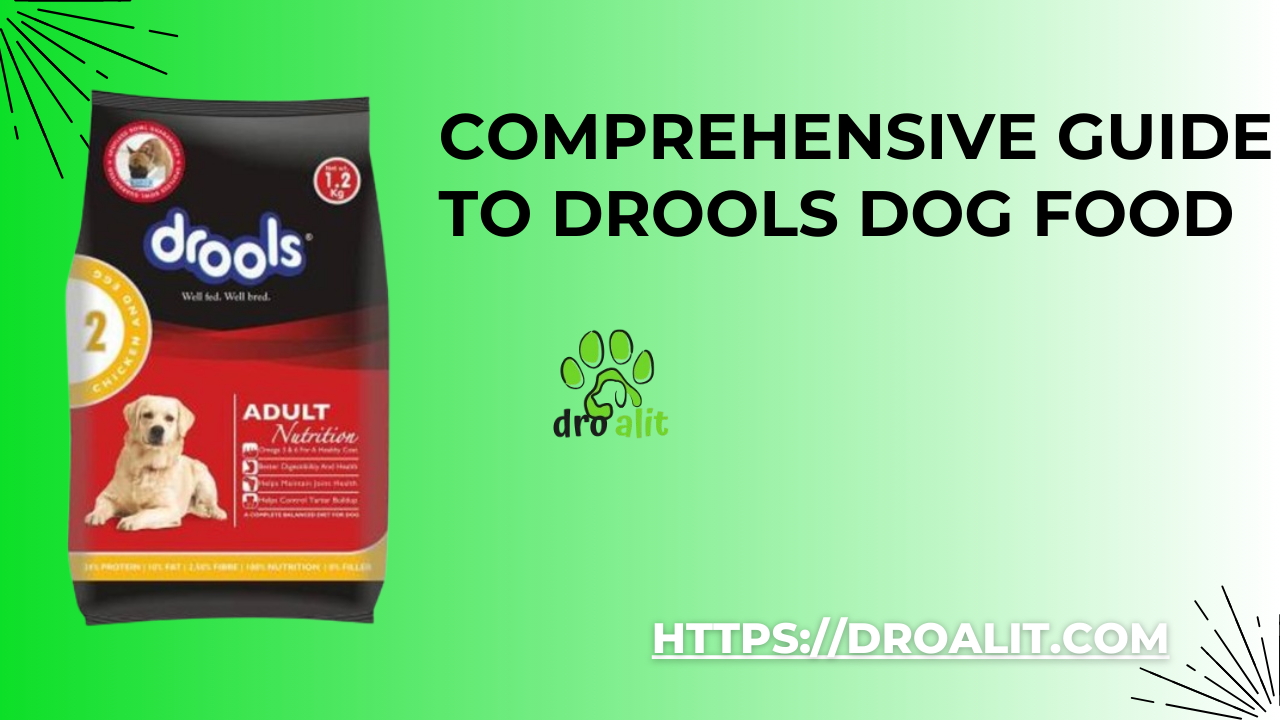

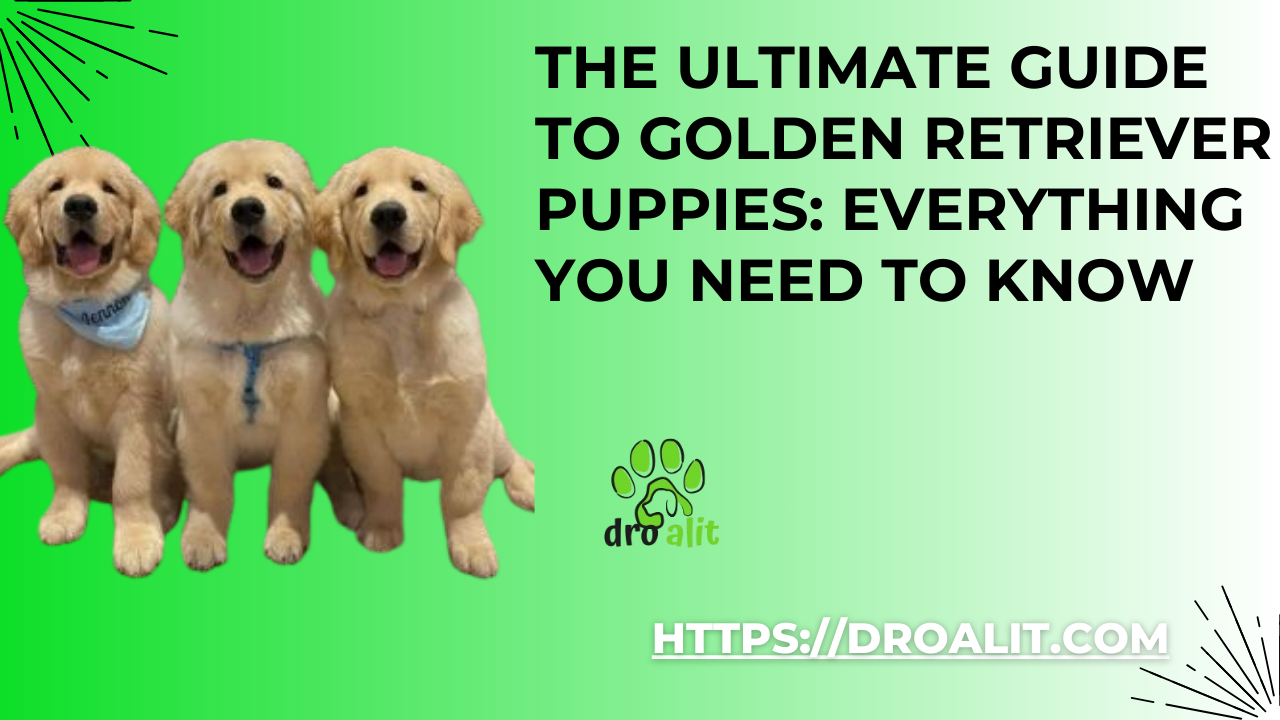
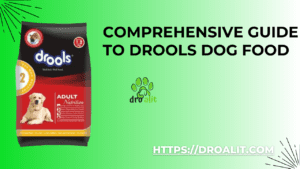


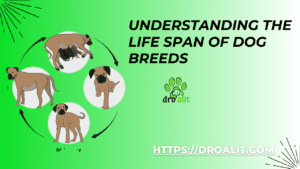




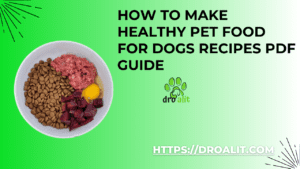

Post Comment